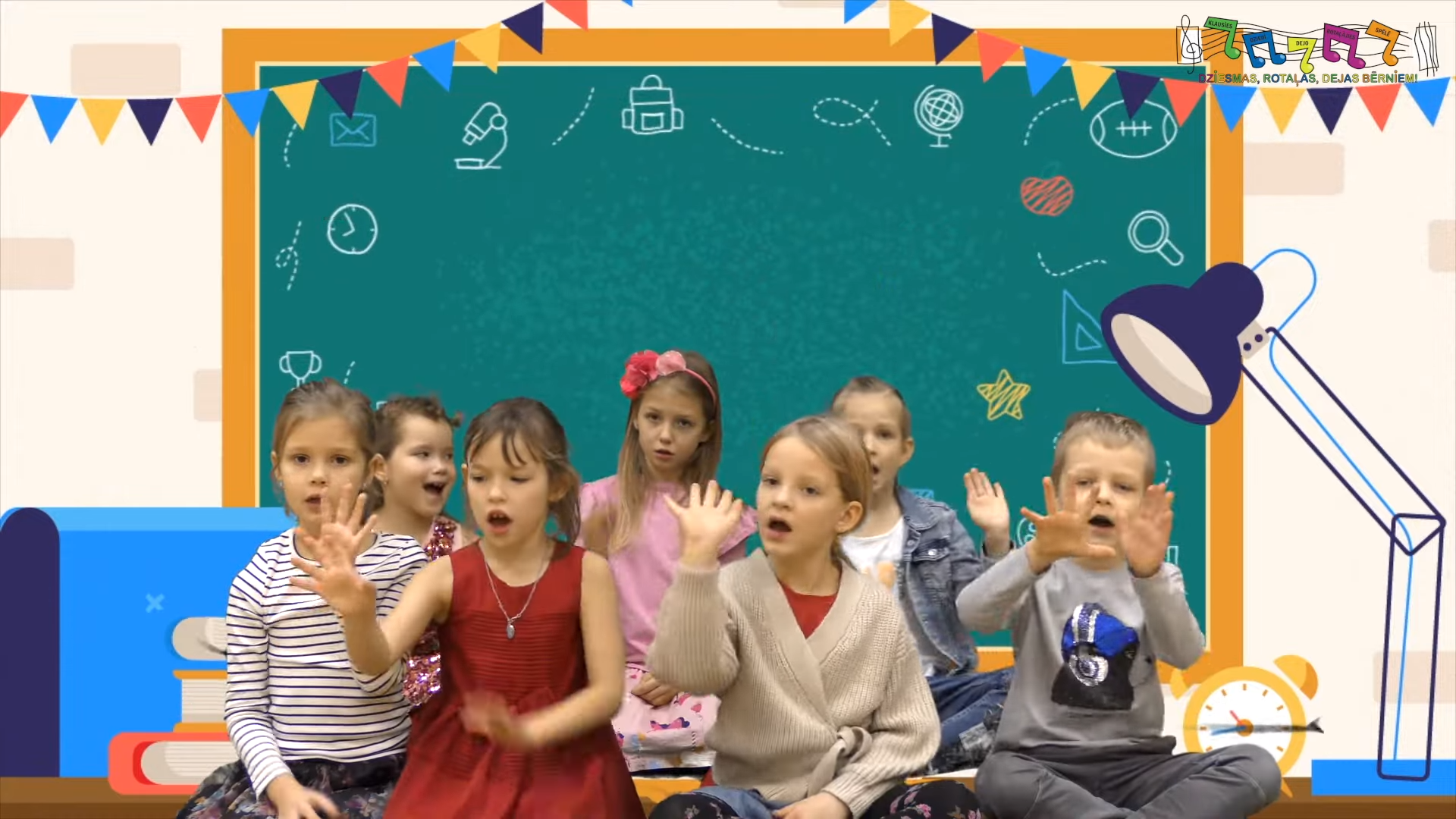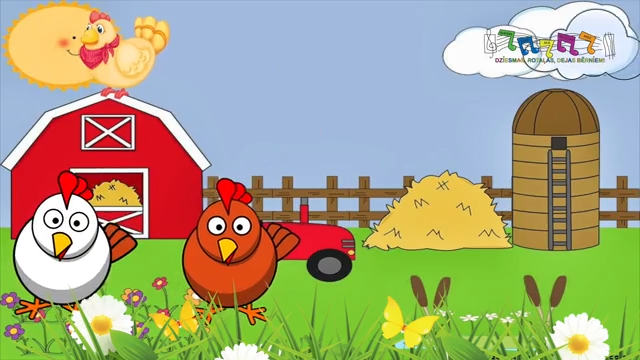Songs are a great resource for language learning in childhood for several reasons:
Rhythm and melody: The rhythm and melody of songs help children to remember words and phrases more easily. Music helps to engage both hemispheres of the brain, leading to more effective learning.
Repetition: words and phrases are often repeated in songs, which helps children remember language structures and vocabulary as they hear the same words over and over again.
Phonics: Singing helps children develop their pronunciation by listening to and imitating singing techniques, thus improving their phonics skills.
Vocabulary expansion: songs often contain a rich and varied vocabulary that helps children learn new words and expressions.
Social interaction: singing songs in a group promotes social interaction, which is important for language development. Children learn to cooperate, listen to others and express themselves.
Emotional engagement: music often creates an emotional connection that makes the learning process more enjoyable and effective, as emotionally connected information is easier to remember.
Cultural awareness: songs often reflect cultures and traditions, helping children to learn about and understand different cultures.
All these factors combine to make songs a particularly effective tool for language learning in childhood.









